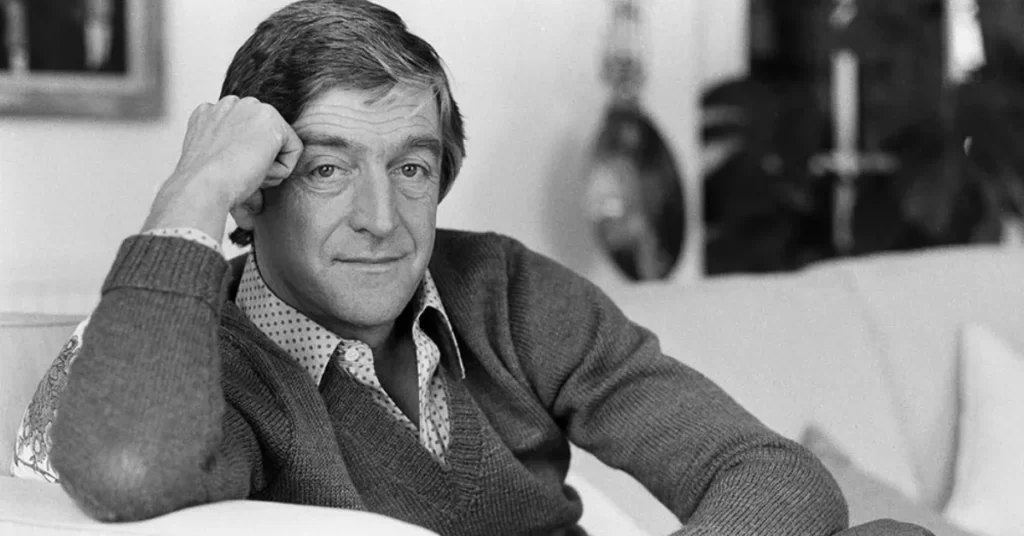The world mourns the loss of the legendary British television presenter, Michael Parkinson, who died at 88. His family revealed the sad news today, sharing that he peacefully departed last night at his home in Berkshire, surrounded by his wife, Lady Mary and their children.

Famously dubbed the “king of the talk show,” Michael Parkinson achieved fame for his remarkable interviews with some of the biggest names in entertainment and beyond. Over five decades, his show hosted renowned personalities such as John Lennon, Muhammad Ali, Orson Welles, Billy Connolly, and countless others.
In his remarkable career, Parkinson orchestrated memorable interview moments, including an unexpected physical encounter with Rod Hull and Emu. He also had a widely covered clash with Meg Ryan. His tenure at the BBC saw him conduct an astounding 2000 interviews, becoming a staple of British television.
Among his notable reminiscences, Parkinson regretted never having the opportunity to interview Frank Sinatra. He considered Prince Philip, Duke of Edinburgh, as his most tough interviewee, demonstrating versatility in engaging with varied personalities.
Parkinson was the face of the BBC show “Parkinson” from 1971 to 1982 and later from 1998 to 2004. He subsequently transitioned to ITV, where he continued to host chat shows from 2004 to 2007.
His most recent public appearance took place in April at the 90th birthday celebration of Dickie Bird in Headingley, Leeds. During this event, he appeared frail. Later, a statement from his family announced his passing:
“After a brief illness, Sir Michael Parkinson passed away peacefully at home last night in his family’s company. The family request that they want privacy and time to grieve.”
The loss of Michael Parkinson marks the end of an era in British television. His charisma, eloquence, and ability to elicit candid conversations with notable figures made him iconic in broadcasting. As tributes pour in from across the globe, his legacy as a master interviewer and entertainer will continue to inspire generations.